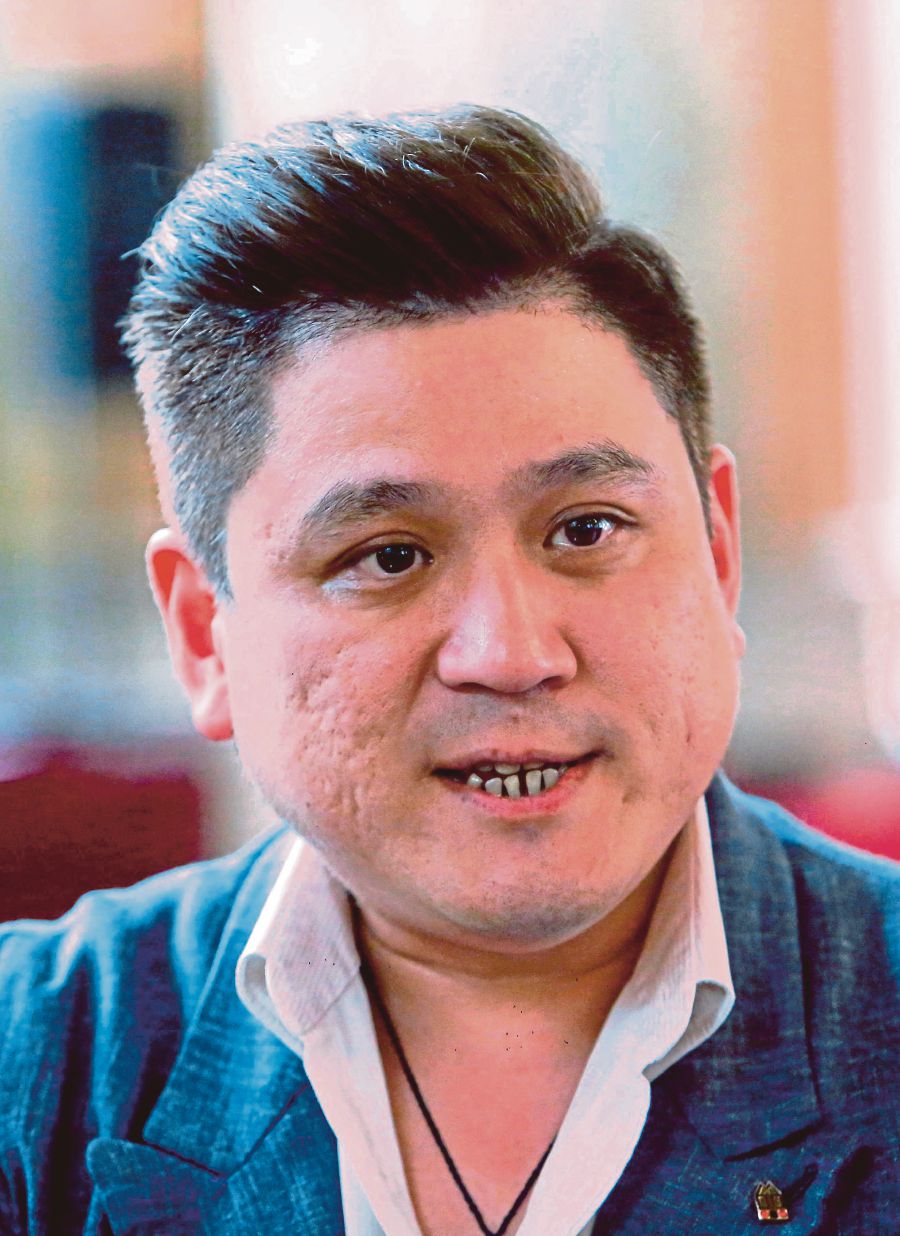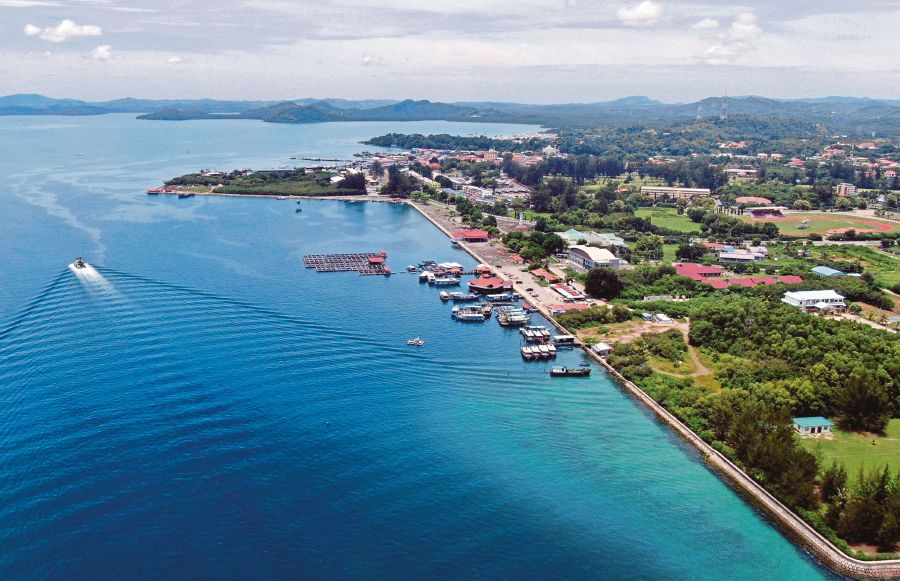"With little or no revenue expected for an indefinite period of time, hotels will be forced to close down and lay off staff.
"We have already recorded at least a minimum of six per cent of employees losing their jobs since last year, while the rest are either on a pay cut or unpaid leave.
"The government must take immediate action to protect the industries to safeguard its people. Employers are in need of higher wage subsidy and MAH has long proposed a 50 per cent wage subsidy for those earning up to RM4,000 and 30 per cent for those earning up to RM8,000.
"This is a proven method in other countries and it is crucial for the survival of the industry," he told the New Straits Times yesterday.

Yap Lip Seng
The MCO 2.0, Conditional MCO and Recovery MCO enforced nationwide prohibits interstate and interdistrict travels.
Yap said there was little hope for the hotel and tourism industry as the number of Covid-19 cases now was higher compared with the first MCO last year.
"After recording unprecedented losses last year, the industry is off to a rough start in 2021. Drastic action must be taken to sustain as we do not know how long more the situation will last."
He said the hotel industry saw chances of recovery when domestic tourism was allowed from Dec 7 last year.
Prior to the reinstatement of MCO 2.0, Yap said, hotel occupancy rate picked up during the year-end holiday period despite a spike in cases nationwide.
"However, that was the hotels' only short window of opportunity. Now that interstate and interdistrict movements have been restricted, hotels have recorded cancellations of bookings across the country, especially at popular destinations.
"Although hotels are doing all they can to assist guests, the best option would be to defer travel plans.
"Hotels are more than willing to honour a later stay date."

